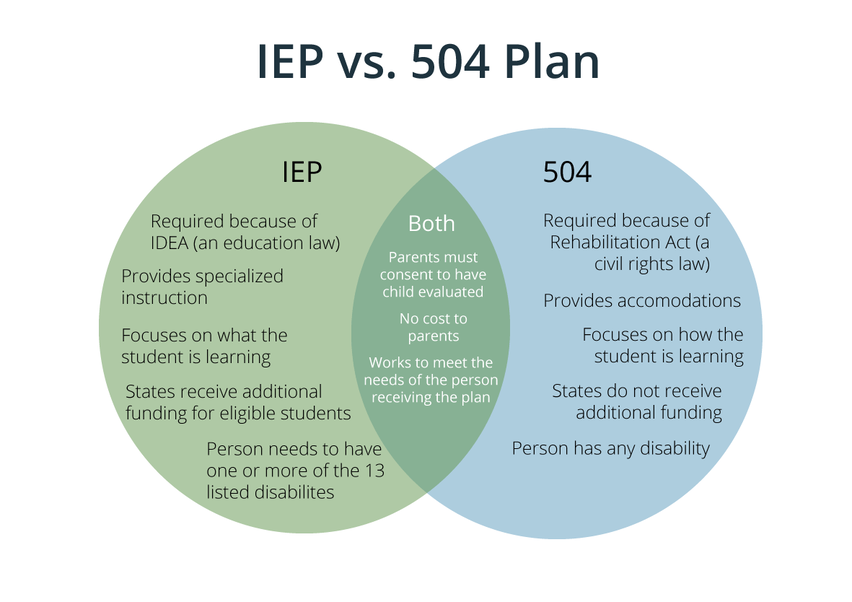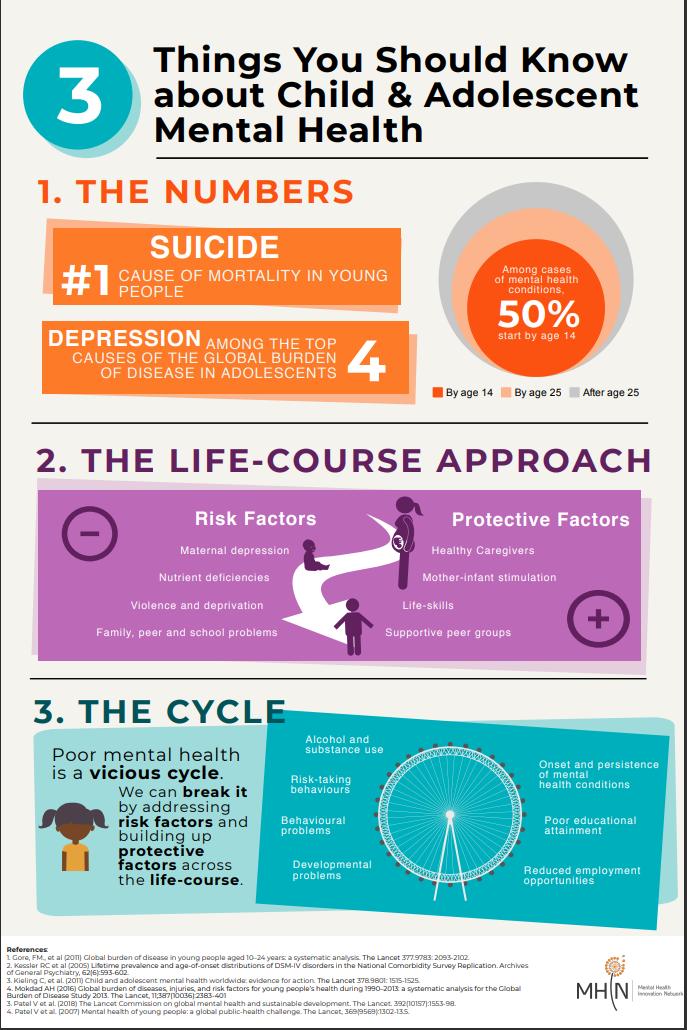Some may say that social media and phones are incredible inventions, but others may say that it is destroying society as we know it. Since Steve Jobs created the first iPhone in 2007, social media has rapidly become a part of people’s lives. Checking phones has become a regular staple of everyone’s day because they just have to check how many likes they got on their Instagram post or respond to someone on Snapchat. When people use screens, it releases dopamine into the brain. Dopamine results in a feeling of happiness, and spikes in the brain when we experience something pleasurable. When a screen is taken away, especially for young people, it takes away the happy feeling, and most often it will be replaced with anger or sadness.
Today, a teenager’s average screen time is 8 hours and 39 minutes per day. Since the beginning of Covid-19, social media use has increased by 17% due to being stuck at home completing online coursework. On top of phone usage, teenagers spend other time on computers, televisions, iPads, etc. Going to a restaurant and seeing a child entertained by a screen is very common today. But handing a screen to a child to keep them entertained or quiet doesn’t make a good parent. They will learn to rely on it, and it’s difficult to teach children they don’t need screens to be happy after they’re already addicted.
Disturbingly, teenagers spend more time communicating with their friends on a screen rather than face-to-face interaction. This increases feelings of loneliness and depression. We also lose social cues, like facial expressions and gestures over text. In addition, teenagers can be seen sitting in a room together and not talking to each other, focused on their phones. Day by day, we are losing the important social interactions that are needed for good communication skills and inclusiveness. What’s more, according to the website 9To5Google.com, a recent study showed that about one in three teenagers have been cyberbullied, due to the bully’s “safety” of being hidden behind a screen.
Here’s the biggest problem of it all: social media. Social media increases depression, lowers self-esteem, and creates many problems. For example, a teenager could be scrolling through their Instagram feed and see all their friends hanging out without them. This can immediately diminish someone’s mood or hurt their feelings. Social media can also increase FOMO (fear of missing out) and anxiety or stress levels. Often, sadness and isolation can take place. On top of that, people can feel inadequate or not good enough due to comparing themselves to someone else online. This is an enormous dilemma in today’s society, because kids are constantly comparing themselves to others, and online it can be very misleading. PhotoShop, editing, and filters are often used everywhere, and something that someone sees on social media can be completely different from real life.
So what can we do to help? As a parent, implementing screen time and restrictions can actually be very beneficial to their child. They can set a downtime, which disallows children to go on any apps for a certain amount of time. Also, the amount of time spent outdoors and hanging out with friends needs to increase. Remember to set boundaries, and try to limit screen time to about 2-3 hours per day. Deleting addicting apps like TikTok and Snapchat can be very useful as well because there will be a lower impulse to scroll through the phone.
Phones and social media are becoming more of a problem every day, but what we can do to fix it matters most.


















